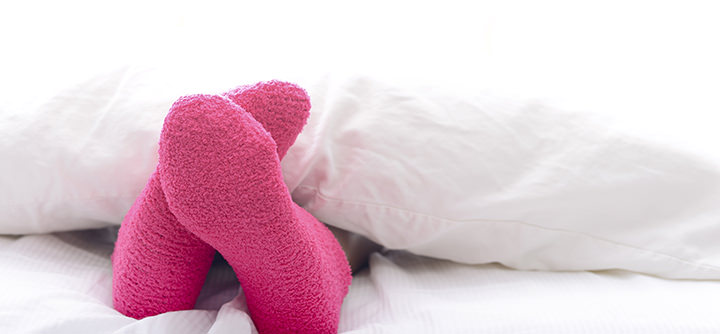Hibernating this winter: how does temperature affect sleep?
It’s clear that the chilly winter months have well and truly set in throughout the land of the long white cloud. The snow is beginning to fall, the days are becoming shorter, and with the mornings and evenings dropping the mercury quickly, we love seeking refuge by cuddling up under the sheets.
But did you know that the temperature of both our bodies and our surroundings can have an impact of the quality of rest we get each night? Sleep is critical to our health and wellbeing, which means it’s important to get the conditions right.
What Happens to Our Body Temperature While We Sleep?
Sleep consists of several phases[1], with the first being where you transition from consciousness and into light sleep. During the following stages, the body’s core temperature gradually drops to reach the state of deep sleep. However, if our core temperature is too high, the brain cannot clearly differentiate the transition between the states of awake and sleep, which directly impacts how effectively we rest.
Surrounding temperature can directly affect our core temperature, meaning that how hot or cold your room is can have a direct influence.
What Impact Does Room Temperature Have on Our Sleep?
In general, it has been found that around 18 degrees Celsius is the most ideal because this range is the most complementary to the cooler temperatures your core experiences during the middle of the night. The low temperatures ensure that your body doesn’t warm up earlier and therefore transition too quickly out of the deep sleep stages, thus promoting a more restful night.
Think of your bedroom as a den- the best conditions for getting the best rest is when it’s dark, cool and quiet!







Comments